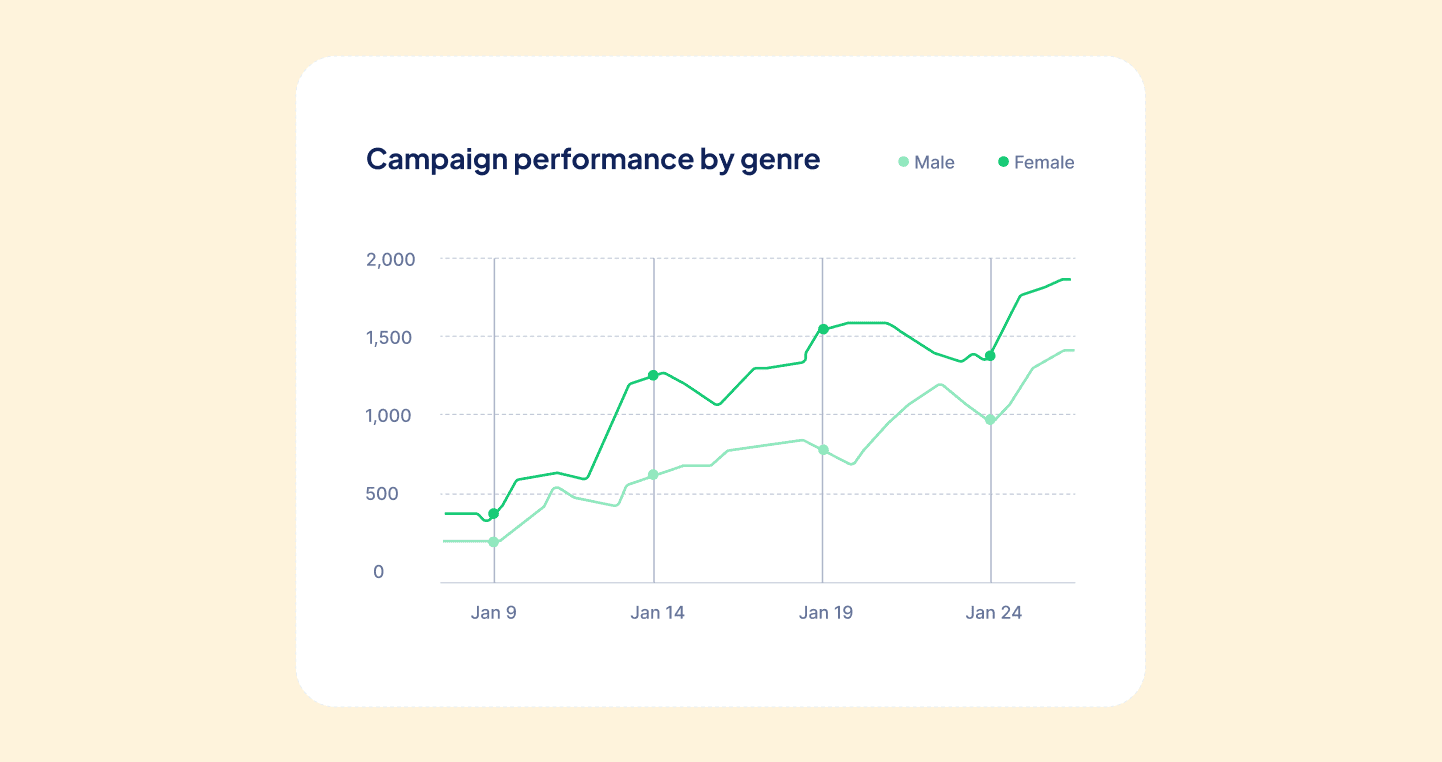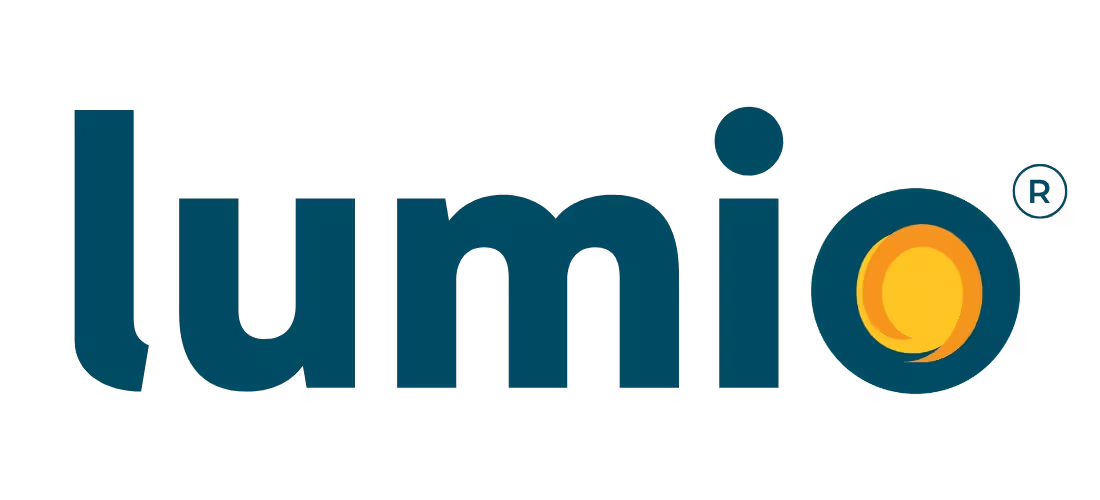.png)

No one can predict the future. This is a truism like death and taxes. In the world of economics, economists are the frequent target of humor as many of their predictions fall short or wide of their mark. There is no shortage of studies showing experts in the predication business performing at par. Many say that throwing darts at a board is more accurate when it comes to future expectations. Still, preparing for the future has everything to do with what we do today, as Risk Managers. Doing the right things, enables us to be in the best possible position regardless of what future events unfold.
The NJ Bankers “Banking on the Future” conference was a centered event. The topics and content discussed, focused on what we can do today to bank on the future. Where we are today and what steps we can take today to ensure prosperity in our future. The following is a summation of topics and themes presented in Atlantic City in mid-September by representative member banks. My main take away from the event was that we must keep our eye on the good, while always preparing for the bad. If we do this, we will maximize the good and minimize the bad. Read below to learn more.
Community Banks
Community Banks can take a bow and applause for an outstanding response to a pandemic that has impacted thousands of businesses and millions of lives. The banking industry has successfully navigated the consumer and business markets through a shutdown and re-opening of the economy. Community Banks were true to their mission of serving their communities and customers in the best ways possible. However, banks must now wrestle with the forgiveness process of government backed PPP loans and the waning of extraordinary money printing. This has propped up balance sheets and staved off bad debts, for now. Eighty percent of all PPP loans issued were issued by Community Banks. Regulatory agencies that were accommodating will begin to tighten their lenses.
The Future Looks Daunting
The regulatory headwinds that banks face today are daunting. An aggressive regulatory administration has prompted industry associations and representatives at the state and federal levels to work tirelessly to modify new rule proposals. It is argued that these proposals would put banks, especially smaller banks in an untenable compliance situation. These include new climate risk assessments with no tangible benefit while significantly raising compliance costs. A new IRS proposal for unprecedented amounts of data for all transactions of $600 and higher. Consumer privacy and overreach are being argued in addition to a high operational burden. The industry is also taking aim at what it says is an unfair tax exemption status of credit unions, providing them with an unfair advantage in acquiring banks. How these matters will be resolved, only time will tell.
FinTech and Technology
Present events are a tell as to what the future holds. It has been widely reported that the business and societal conditions created by the response to the pandemic, resulted in a fast and furious digital technology leap forward in banking. FinTech four years ago was a blip on the radar, today it is front and center. Larger banks are even partnering and or creating their own FinTech divisions.
Smaller banks are assessing how they can be innovative and competitive within the reality of a digital world. The advantage that smaller banks have is that they can pivot, and their business models are less complex than larger legacy straddled institutions. Regardless of size, the presenters on this topic stated that banks that do not innovate will not exist in ten years. The decision today to learn and understand how best to leverage and monetize technology will determine who thrives and who withers.
The presenters at the conference were consistent in their approach to addressing daunting challenges. Great advice, take small, incremental steps. Use building blocks to take baby steps. Recognize there is an endgame however, the end game is always evolving. Incremental steps allow the bank to pivot as conditions evolve. Invest in people and or 3rd parties that have specific knowledge and skills so that navigation and execution are cost effective and produce cost benefit results. Understanding what gates to pass through, while creating and explaining your technology roadmap to the Board are a must.
For many, the task looks endless. Risk assessments, never ending regulation and regulatory changes. Exams, audits, technology, governmental uncertainty. The list goes on and on. Part of the challenge has been bankers’ stubbornness to take time to understand the perils of the current silo structure in their own institution and how it inhibits them from evolving and becoming more profitable. I believe that this complacency must change, and individuals and department leaders must be convinced to dismantle and abandon inefficient processes. To innovate and evolve, building enterprise awareness is central to that objective. I advise my clients to take small, incremental steps. Banks end up costing themselves a fortune by looking at end state objectives and seeking short cuts to get there. To bank on the future, banks need to have an end state in mind but have the willingness to take the first steps with a minimum solution for today and continue building into the future.
Want more perspectives like this?
Lumio Forward is our monthly briefing for community banking leaders navigating data, risk and growth.
Emphasize your product's unique features or benefits to differentiate it from competitors
In nec dictum adipiscing pharetra enim etiam scelerisque dolor purus ipsum egestas cursus vulputate arcu egestas ut eu sed mollis consectetur mattis pharetra curabitur et maecenas in mattis fames consectetur ipsum quis risus mauris aliquam ornare nisl purus at ipsum nulla accumsan consectetur vestibulum suspendisse aliquam condimentum scelerisque lacinia pellentesque vestibulum condimentum turpis ligula pharetra dictum sapien facilisis sapien at sagittis et cursus congue.
- Pharetra curabitur et maecenas in mattis fames consectetur ipsum quis risus.
- Justo urna nisi auctor consequat consectetur dolor lectus blandit.
- Eget egestas volutpat lacinia vestibulum vitae mattis hendrerit.
- Ornare elit odio tellus orci bibendum dictum id sem congue enim amet diam.
Incorporate statistics or specific numbers to highlight the effectiveness or popularity of your offering
Convallis pellentesque ullamcorper sapien sed tristique fermentum proin amet quam tincidunt feugiat vitae neque quisque odio ut pellentesque ac mauris eget lectus. Pretium arcu turpis lacus sapien sit at eu sapien duis magna nunc nibh nam non ut nibh ultrices ultrices elementum egestas enim nisl sed cursus pellentesque sit dignissim enim euismod sit et convallis sed pelis viverra quam at nisl sit pharetra enim nisl nec vestibulum posuere in volutpat sed blandit neque risus.

Use time-sensitive language to encourage immediate action, such as "Limited Time Offer
Feugiat vitae neque quisque odio ut pellentesque ac mauris eget lectus. Pretium arcu turpis lacus sapien sit at eu sapien duis magna nunc nibh nam non ut nibh ultrices ultrices elementum egestas enim nisl sed cursus pellentesque sit dignissim enim euismod sit et convallis sed pelis viverra quam at nisl sit pharetra enim nisl nec vestibulum posuere in volutpat sed blandit neque risus.
- Pharetra curabitur et maecenas in mattis fames consectetur ipsum quis risus.
- Justo urna nisi auctor consequat consectetur dolor lectus blandit.
- Eget egestas volutpat lacinia vestibulum vitae mattis hendrerit.
- Ornare elit odio tellus orci bibendum dictum id sem congue enim amet diam.
Address customer pain points directly by showing how your product solves their problems
Feugiat vitae neque quisque odio ut pellentesque ac mauris eget lectus. Pretium arcu turpis lacus sapien sit at eu sapien duis magna nunc nibh nam non ut nibh ultrices ultrices elementum egestas enim nisl sed cursus pellentesque sit dignissim enim euismod sit et convallis sed pelis viverra quam at nisl sit pharetra enim nisl nec vestibulum posuere in volutpat sed blandit neque risus.
Vel etiam vel amet aenean eget in habitasse nunc duis tellus sem turpis risus aliquam ac volutpat tellus eu faucibus ullamcorper.
Tailor titles to your ideal customer segment using phrases like "Designed for Busy Professionals
Sed pretium id nibh id sit felis vitae volutpat volutpat adipiscing at sodales neque lectus mi phasellus commodo at elit suspendisse ornare faucibus lectus purus viverra in nec aliquet commodo et sed sed nisi tempor mi pellentesque arcu viverra pretium duis enim vulputate dignissim etiam ultrices vitae neque urna proin nibh diam turpis augue lacus.


.png)